When I finally headed to Tassie in late 2020, it was the last major destination in Australia I had not visited.
I'm signed on to the idea that Tasmania might well be the most special place in all Australia. It has a magic. The campaign says "come down for air". And it has plenty of that too.
For now, this little Rusty Compass travel guide is a collection of the stuff I took away from my two pretty thorough visits to Tassie. There's a lot more to come.
Our guide to Hobart is here.
Tasmania Introduction
Tasmania is the island off the South East coast of the world's biggest island, aka, Australia. Sometimes it's overlooked. If you're visiting Australia, make sure you don't overlook Tasmania.
It may be the most beautiful place in Australia. It's also a place with an unbreakable connection with the drama and tragedy of Australia's past.
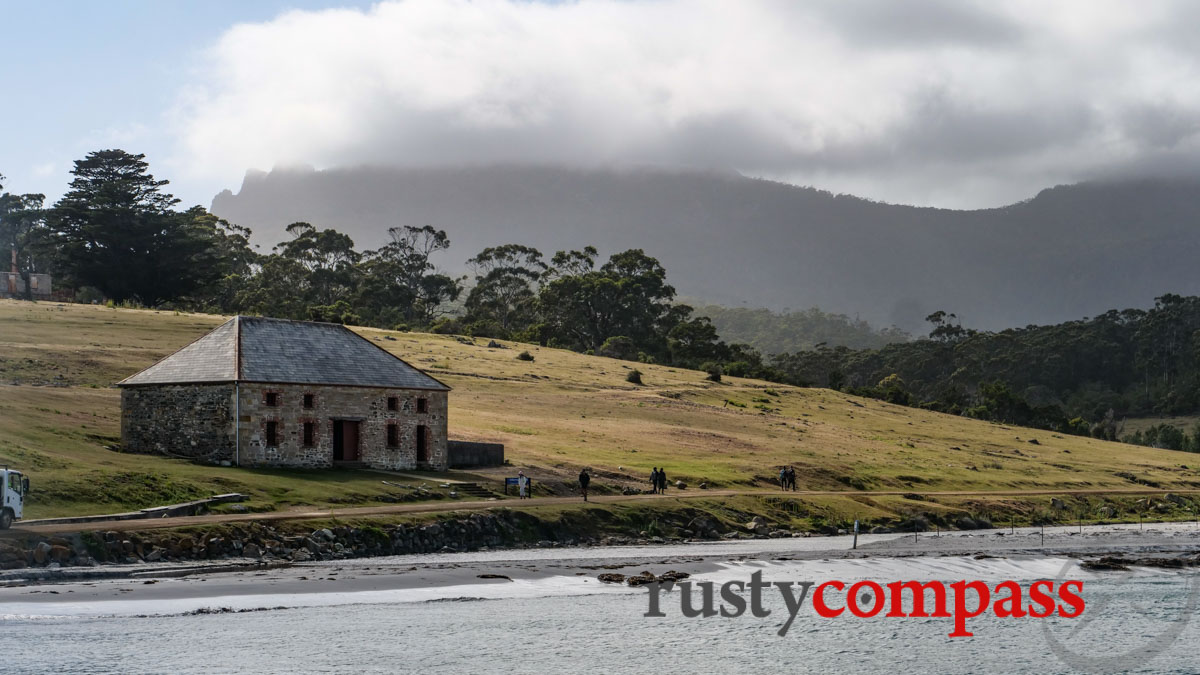
Photo: Mark Bowyer Maria Island, Tasmania
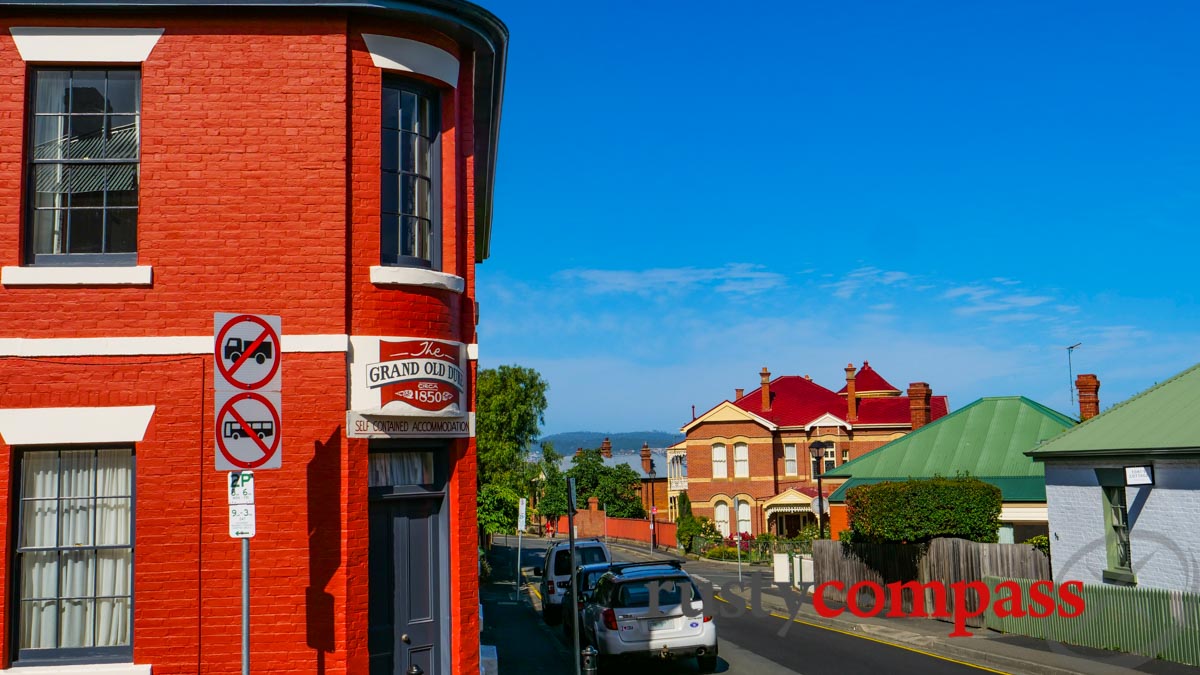
Photo: Mark Bowyer Hobart, Tasmania
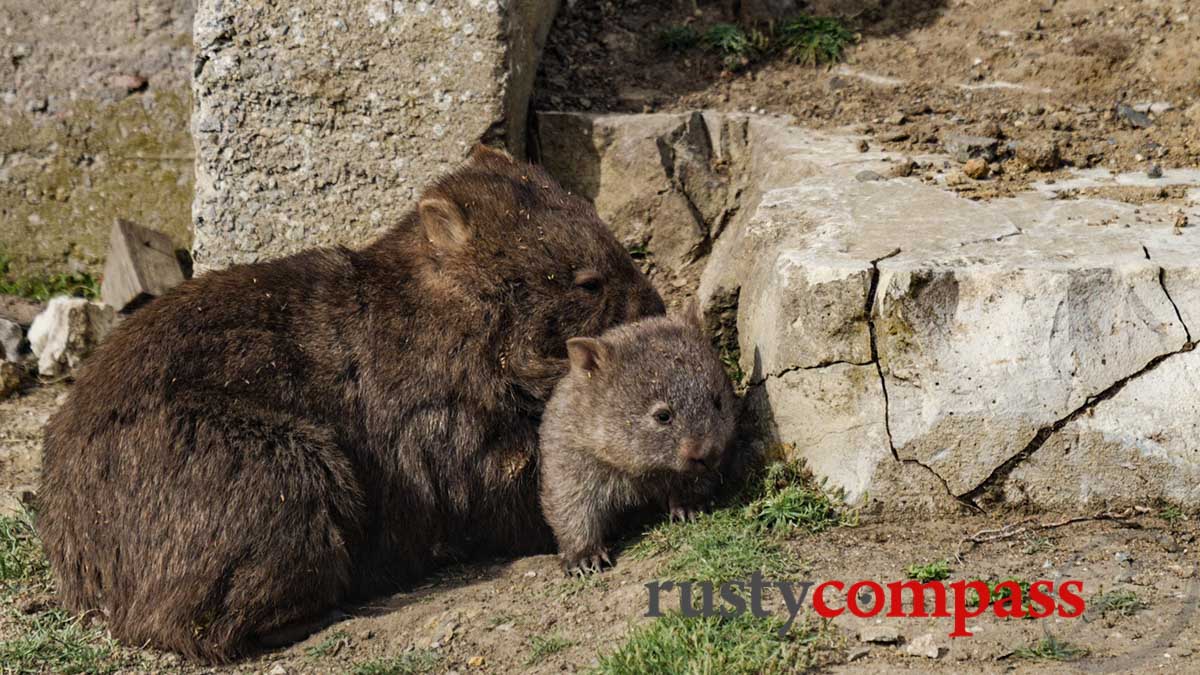
Photo: Mark Bowyer Maria Island, Tasmania
Known as Van Diemen's Land until 1855, Tasmania was inhabited by Indigenous people for thousands of years before Europeans discovered its coastline in 1642. Abel Tasman was a Dutch sailor, a very long way from home, when he first logged the existence of the island - though he didn't even know it was an island. It was well over a century before the British charted Australia's east coast in 1770. The colonial invasion followed in 1788.
British colonisation of Tasmania began in 1803 - right after Sydney and long before other now-famous Australian cities were settled. Tasmania quickly became a major part of the penal colony system. Just under half of all convicts transported to Australia were sent to Tasmania. Port Arthur on the Tasman Peninsula, is Australia's best known convict heritage site.
The brutal wars between the local indigenous people and invading colonials in Tasmania, caused the catastrophic collapse of indigenous societies.
Tasmania has remained a place of disadvantage with a sluggish economy and lower educational achievement than mainland states.
In recent years, Tassie has enjoyed a new energy following the opening of the MONA Museum in Hobart. It's also experiencing a minor boom as Australians from the mainland discover its quality of life and its appeal as a place to live.
One of Tasmania's proudest features is its connection to the environmental movement in Australia and around the world. Tasmania's parliament was the first in the world to seat a Greens party politician. The Greens have become a national force in Australian politics. Tasmania is also where many of the most bitter environmental battles have been fought. Bob Brown, the spiritual father of Australia's environment movement built his career in Tasmania. Brown has retired from parliamentary politics but remains active. He was arrested in 2024.
The whole island of Tasmania deserves your time. It's the best combination of scenic beauty and profound history and heritage I know in Australia. I'm gonna be spending lots of time getting to know Tasmania in the coming years.

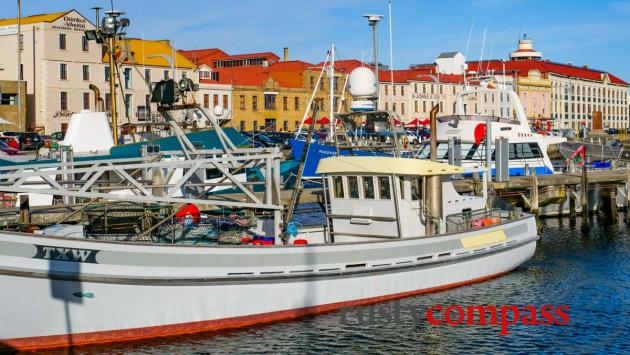
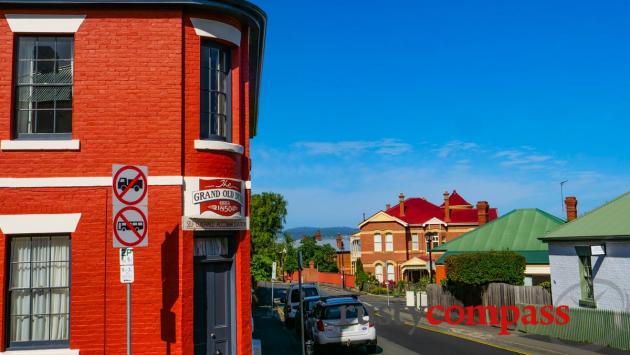
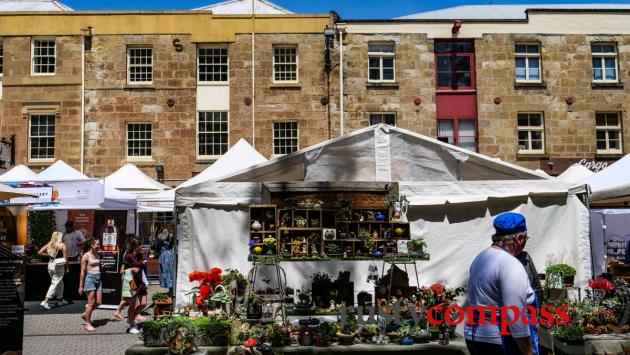
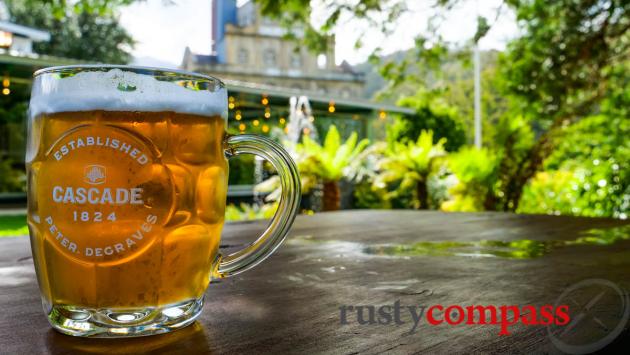
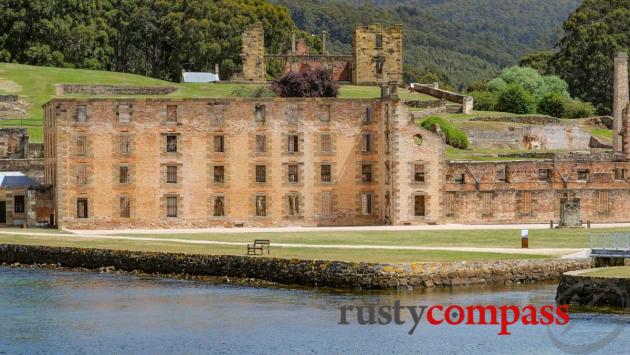
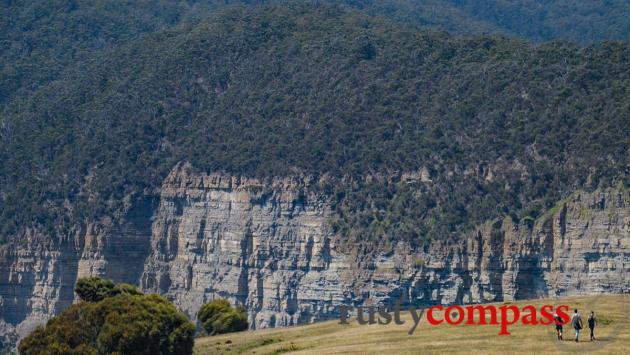
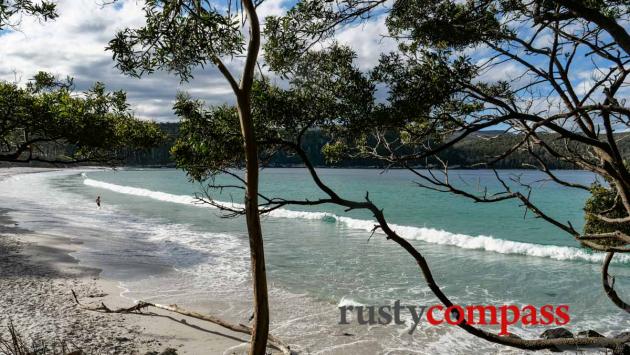
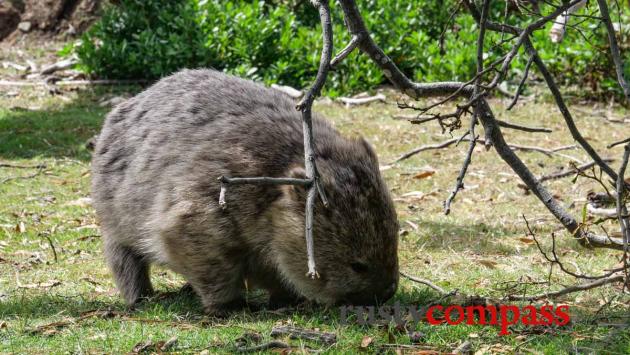
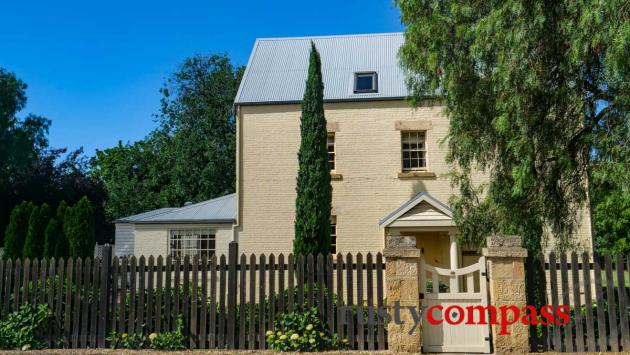
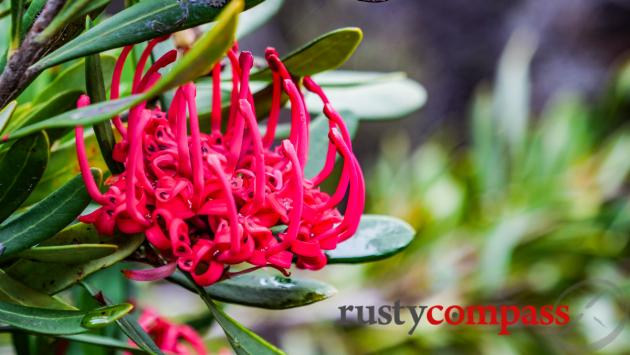
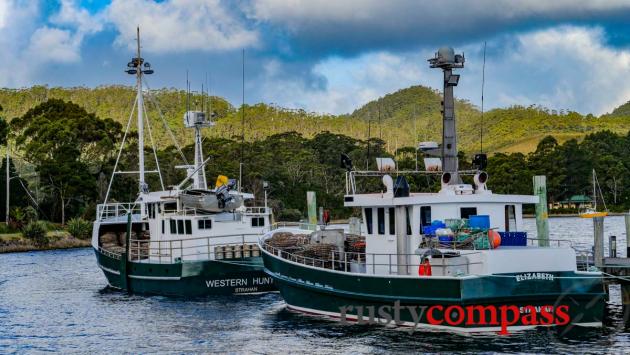
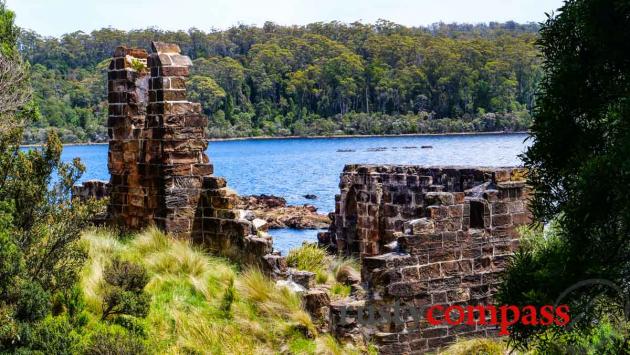
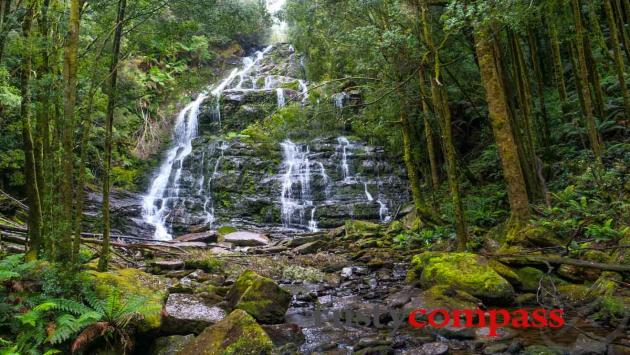
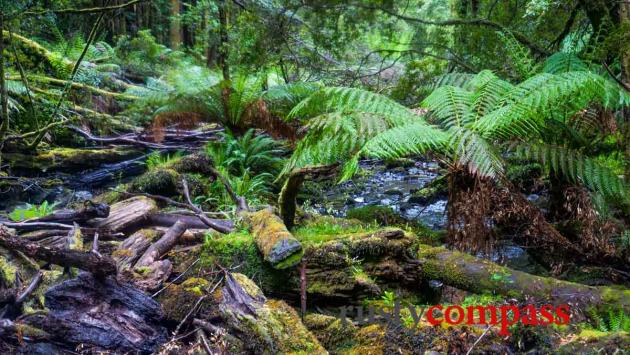



Twitter: @rustycompass
Rusty Compass is an independent travel guide. We’re focused on providing you with quality, unbiased, travel information. That means we don't receive payments in exchange for listings and mostly pay our own way. We’d like tourism to be a positive economic, environmental and cultural force and we believe travellers deserve disclosure from publishers. Spread the word about Rusty Compass, and if you're in Saigon, pop in to The Old Compass Cafe and say hi. It’s our home right downtown on Pasteur St. You can also check out our unique tours of Ho Chi Minh City and Sydney at www.oldcompasstravel.com Make a financial contribution using the link below. Even small amounts make a difference. Thanks and travel well!